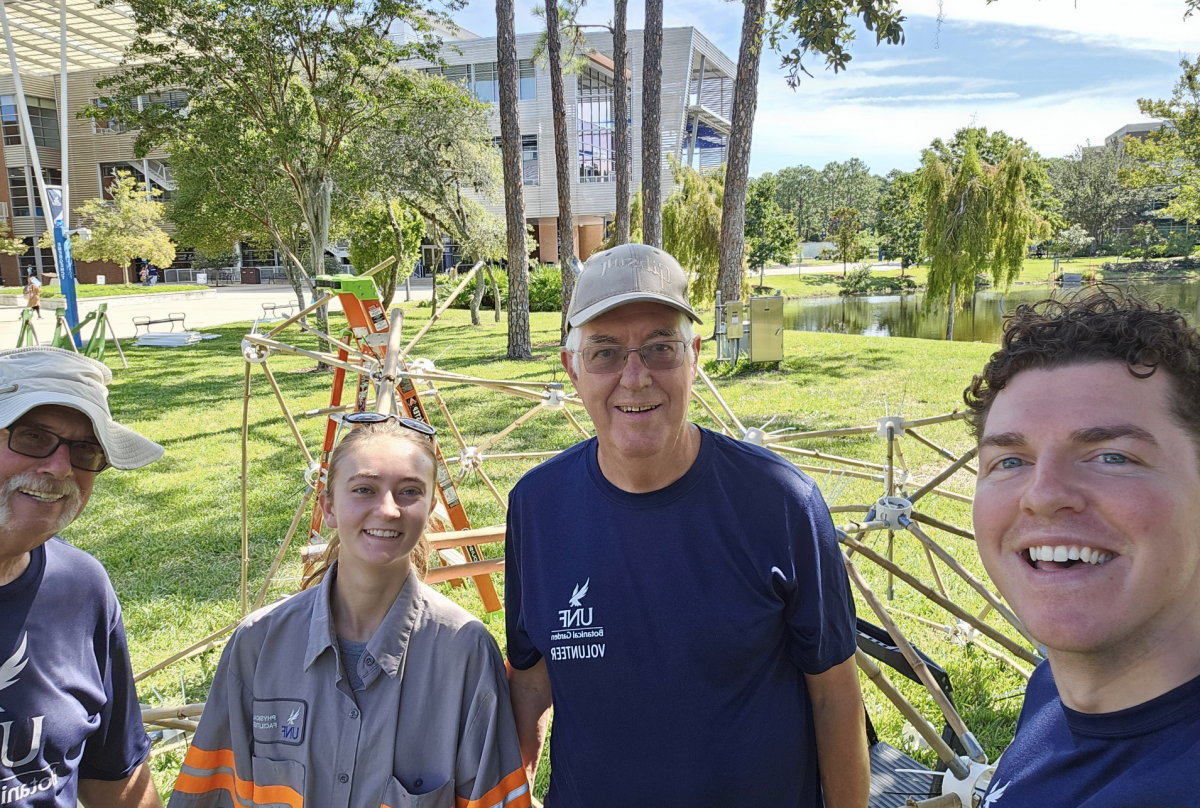It’s been 8 months of quarantine, and UNF student Julianne Brugger has had enough.
Once the pandemic hit, Brugger, a senior majoring in Multimedia Production, moved back home to Ocala, Florida in order to keep safe. Because of this and her brother’s compromised immune system, Brugger has been forced to remain largely quarantined. It’s safe to say that this isolation has greatly affected her mental health.
“Living with my dad and being completely isolated from my friends has made my depression worse and my chronic loneliness worse,” Brugger said. “And the pandemic as a whole has increased my anxiety.”
Brugger isn’t alone in this. In fact, according to a study conducted by the CDC, around 40% of the almost 10,000 respondents said that their mental health has declined due to COVID-19, specifically in terms of anxiety and depression. When you look at it scientifically, the correlation makes sense.
Studies show that social interaction stimulates the production of oxytocin, often referred to as the “love hormone.” This hormone is connected to subsequent release of dopamine, which is a type of neurotransmitter that leads to feelings of pleasure. The lack of production of these hormones can lead to lower moods.
“Social interaction is something that we are hardwired to seek and that we need to be able to function well,” UNF psychology professor Tracy Packiam Alloway said. “Some research has shown that chronic loneliness can actually increase the risk of early death by 14%.”

An interesting way to combat loneliness is actually through social media, according to Alloway. While many may see social media as a bad thing, in a time of quarantine, it can actually be incredibly useful in helping stay connected with loved ones. Through her own research, Alloway has found that social media can actually increase levels of empathy.
“When we connect with people online, we can increase our levels of empathy and be taken outside of ourselves,” Alloway said.
While this is true, users must be sure not to use social media as a way to feed their negativity.
Another simple way to increase happiness whilst in quarantine is by expressing gratitude. According to Alloway, just writing a thank-you card to a loved one can increase levels of thankfulness, even months after being written.
“While you may be isolated, you can use this time to reflect on who you’re grateful for,” Alloway said.
Only time will tell how much longer the pandemic will drag on, but until then, be sure to keep your mental health as a priority.
___
For more information or news tips, or if you see an error in this story or have any compliments or concerns, contact editor@unfspinnaker.com.











